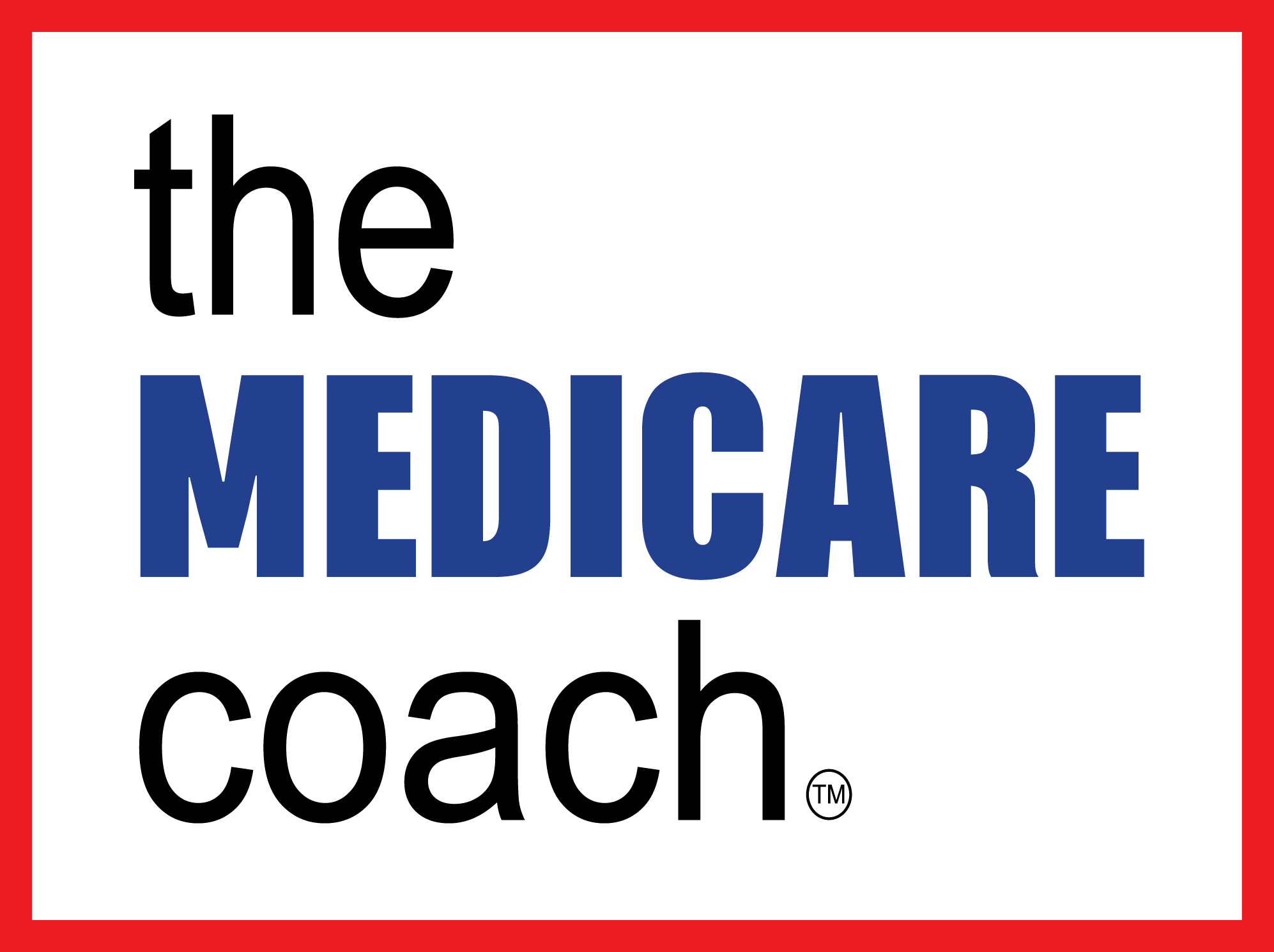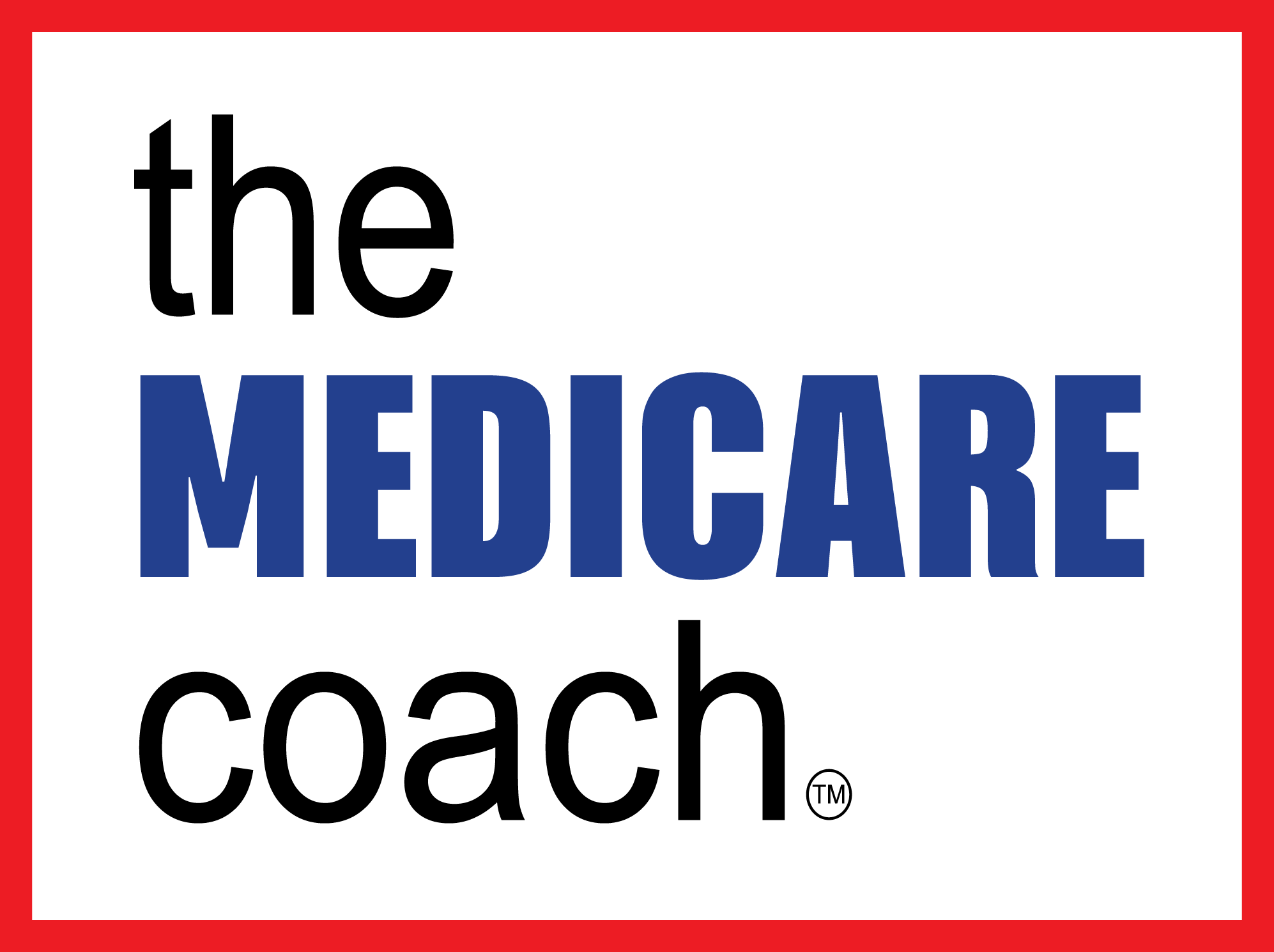The Good Bad and Ugly of the Unaffordable Care Act
Harry Truman, the 33rd president of the United States once said, “There is nothing new in the world except the history you don’t know.” Americans forget, a hundred years war has been raging in Congress over universal health care for all.
There were five attempts during this past century to implement a national health insurance program supported by Presidents Theodore Roosevelt, Harry Truman, and Bill Clinton, but all failed.
They failed because powerful forces like the American Medical Association, the private insurance and pharmaceutical industries, the health lobby and the majority in Congress believed socialized medical insurance was a threat to liberty and American individualism.
Although single payer Medicare was approved by Congress in 1965, the sixth attempt to implement universal health care for all prevailed in 2010 with passage of the Patient Protection and Affordable Care Act (ACA) commonly referred to as Obamacare.
The health care war continues today as Republican members in Congress work to repeal Obamacare and believe they can replace it with a better plan yet to be announced.
But, can any universal health care plan be affordable unless we learn from “history we don’t know” and change our approach?
Dr. John Geyman, M.D., a family physician in academic medicine, researcher, and past President of Physicians for a National Health program believes Obamacare was a good start but is not the answer.
In his recent book, “How Obamacare is Unsustainable”, he stated, “The privatized market based health care approach provides higher costs, restricted choice, less value and worse quality of care.”
Dr. Geyman cites documented evidence after three decades of failed approaches by the private health industry that, “the only area that privatized care demonstrates new efficiencies is in making money for corporate owners and shareholders.”
He believes Obamacare has accomplished some good things including the provision to keep children on their parents’ policies until age 26, prohibiting exclusions based on pre-existing conditions, and banning annual and lifetime limits.
Other benefits include; establishing government sponsored exchanges where uninsured people can shop for coverage, new Medicaid coverage and government subsidies to buy insurance on the exchanges, new funding for community health centers and increased reimbursement for primary care physicians.
Medicare benefits were enhanced under the ACA including elimination of the donut hole in the Part D prescription program which has already saved Medicare beneficiaries more than $15 billion dollars since its inception.
But, Dr. Guyman said health care reform was diverted with flawed framing of the issues, and corruption of the political process. He said the battle over passage of the bill was filled with “political compromises that ended up with a bill serving private interests more than the public interest.”
Guyman wrote, “Disregarding, or unaware of history, Obama made the same mistake at the starting gate as the Clintons did in 1993 – going to the corporate stockholders, who are responsible for prices and costs of the health care system for guidance in crafting reform.”
He’s convinced the corporate alliance of the big four, (insurers, the drug industry, the hospital industry and organized medicine), hijacked reform and “wrote the script much of whatever bill would go forward.”
Examples included: opposing the public option which eliminated competition, opposing controls or caps on premium rates, fighting against cuts in overpayments to Medicare Advantage plans, no discounts on drug costs, and lobbying in favor of setting the lowest possible minimal standards for insurance coverage.
“The Affordable Care Act is a massive bailout of private interests profiting on the backs of sick or injured Americans,” wrote Dr. Geyman. That’s the ugly part.
Dr. Geyman, along with the 20,000 member strong Physicians for a National Health Care program believe real reform will only come with a single payer program, and support House bill H.R. 676 Medicare for all Act which now has sixty sponsors in congress.
In spite of the historic passage of Obamacare with all its good parts, it remains a political hot potato. Dr. Guyman’s evidence based research reveals there remains a strong possibility the Affordable Care Act will eventually become unaffordable for beneficiaries and millions of Americans will remain uninsured or underinsured.
For more articles on health care issues go to: www.mymedicarecoach.com




